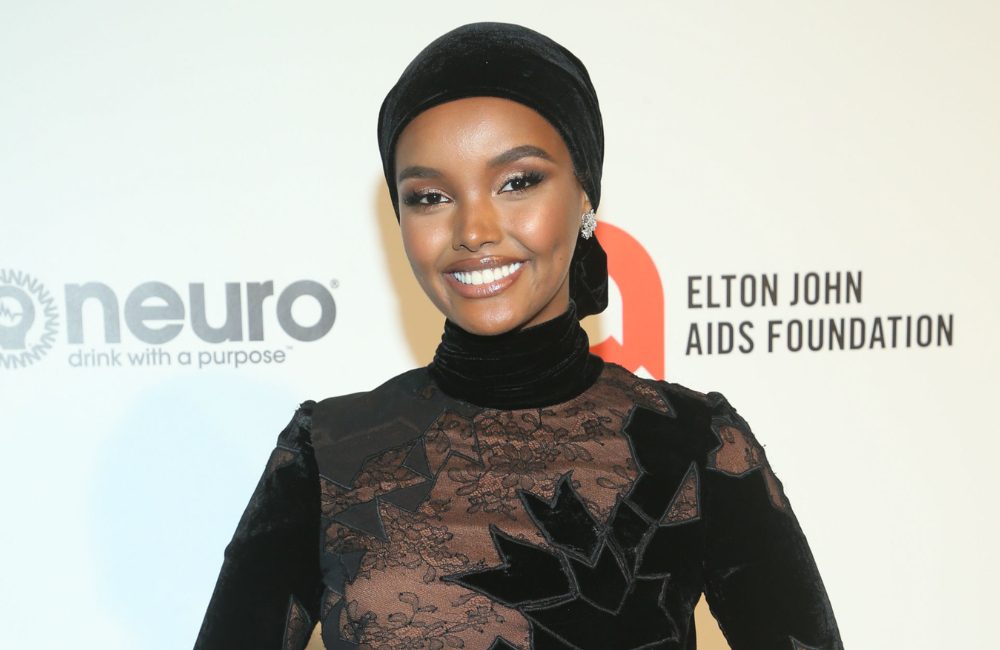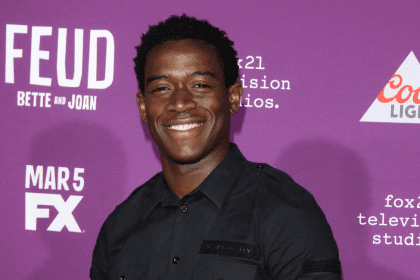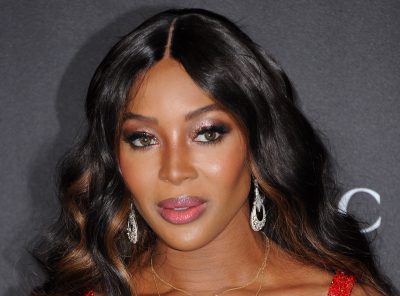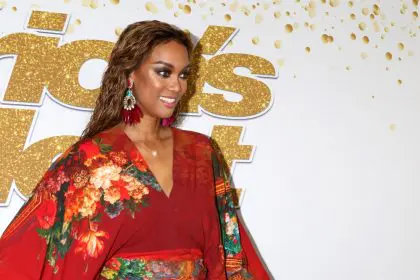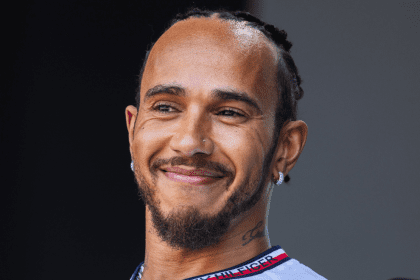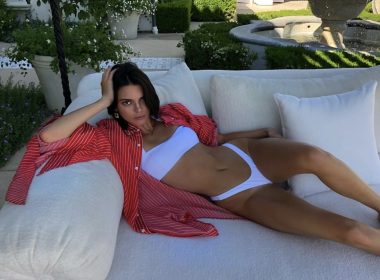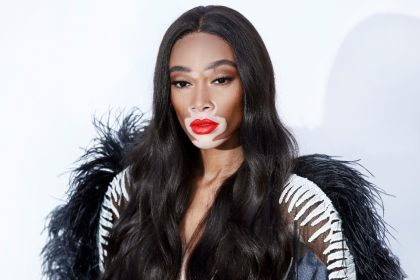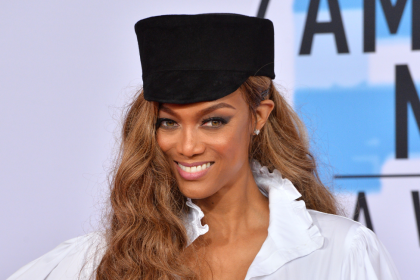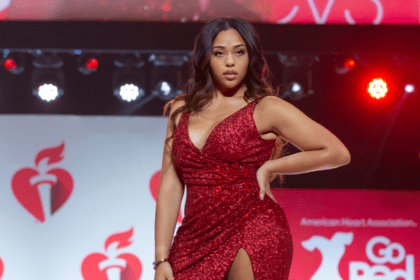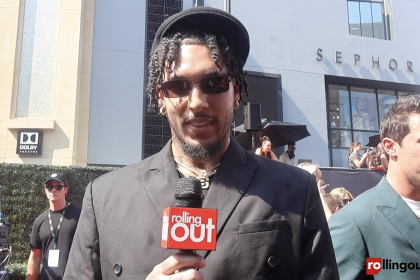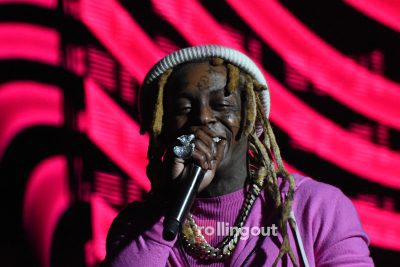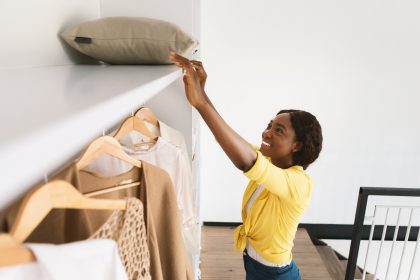Model Halima Aden became globally famous when she was the first woman to wear a hijab on the cover of Vogue – twice. Aden also made history when she appeared in Sports Illustrated wearing a burkini. She stunned her industry by quitting it during the pandemic.
“I was fortunate that I entered this industry with a massive bang and it was just go, go, go. But I didn’t have the chance to pause and reflect,” she told Grazia. “The advice I would give to anyone is that it’s okay to slow down. Sit down. Take a breather. Meditate. Recenter. I think being grounded is the greatest gift you could give yourself. I’m so grateful that I gave myself that time to step back from the industry and focus on what really drives my heart, which is wanting to represent my refugee community and wanting to be a good role model to young Muslim girls looking up to me.”
Aden, who’s Somalian, was born in the Kakuma refugee camp in Kenya before emigrating to the U.S. at the age of seven. She caught the world’s attention in 2016 at age 19 when she became the first contestant to compete in the Miss Minnesota USA beauty pageant in traditional Muslim attire.
A global modeling contract with IMG soon followed, along with a lucrative career, walking in catwalk shows for the likes of Tommy Hilfiger in New York and Max Mara in Milan. She has devoted the past three years to her role as a UNICEF ambassador, working with refugees in camps in Nairobi, giving back to schools and the local community in her hometown in Minnesota and spending time with her family, especially her mother. “I’ve really got to know her on a much deeper level,” Aden added. “She’s the reason why I am who I am.”
As far as returning to fashion, Aden stated, “My goals now revolve around making a meaningful impact in the fashion industry. I want to continue breaking barriers. I want to challenge stereotypes. I want to advocate for greater diversity and representation. I aspire to inspire. I want it to be a welcoming environment for everybody.”
“To this day, I still style my turbans,” Aden also said. “Nobody touches my headscarf. Now I want to work with other creatives to make the headpiece a part of the story, as opposed to just serving the purpose of covering my hair. That’s why I’m in fashion — to give other young, modest hijab-wearing women the chance to see it worn in different ways.”

